Home>Home Appliances>Laundry Appliances>Why Is My Washing Machine Not Cleaning My Clothes
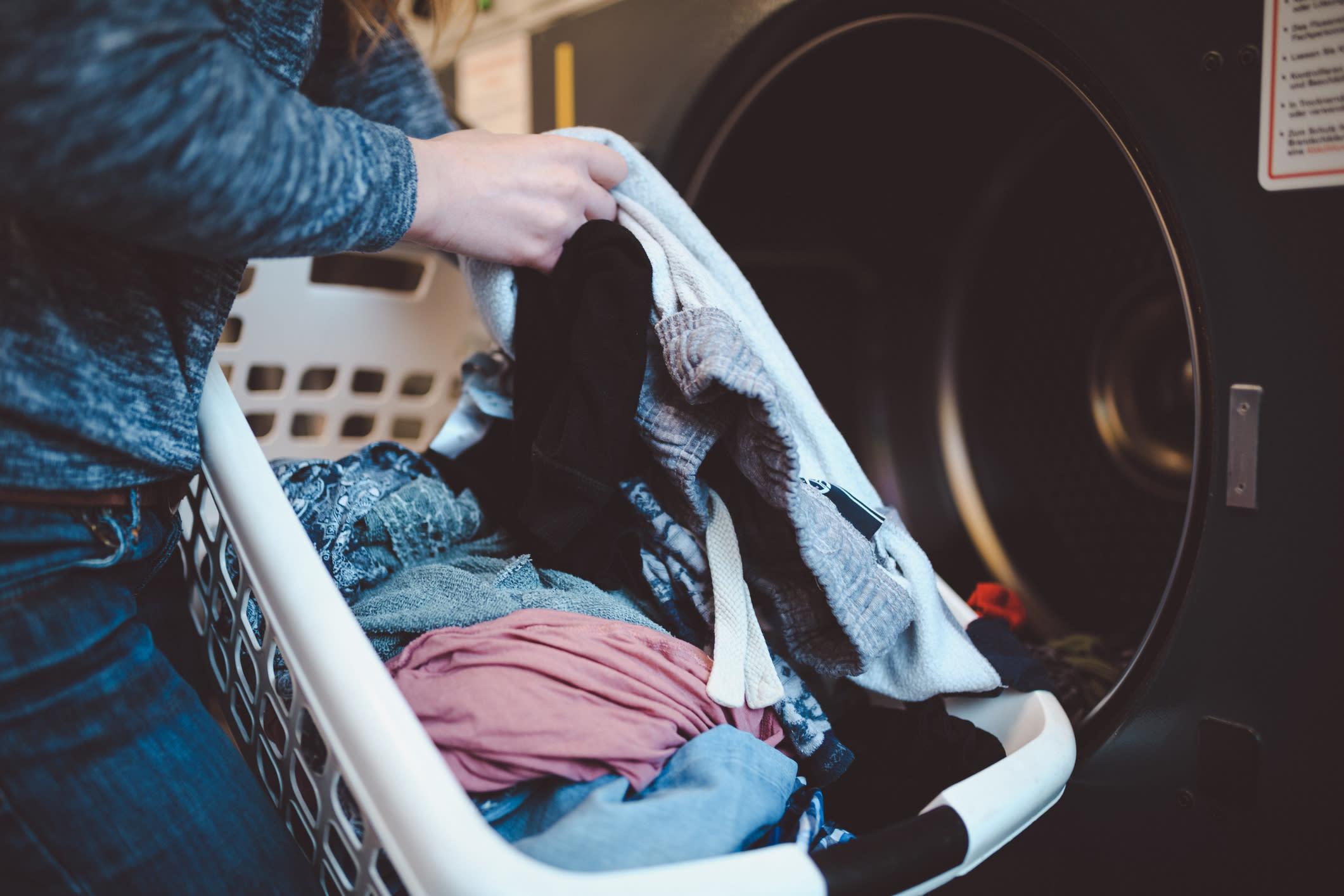

Laundry Appliances
Why Is My Washing Machine Not Cleaning My Clothes
Published: February 20, 2024
Discover common reasons why your laundry appliances may not be cleaning your clothes effectively. Find solutions to improve washing machine performance.
(Many of the links in this article redirect to a specific reviewed product. Your purchase of these products through affiliate links helps to generate commission for Storables.com, at no extra cost. Learn more)
Common Reasons for Ineffective Washing
When your washing machine fails to deliver the sparkling clean clothes you expect, it can be frustrating and perplexing. There are several common reasons why your washing machine may not be effectively cleaning your clothes. Understanding these factors can help you troubleshoot and resolve the issue, ensuring that your laundry comes out fresh and spotless every time.
-
Incorrect Water Level: If the water level in your washing machine is too low, the clothes may not have enough room to move around freely, leading to ineffective cleaning. Conversely, if the water level is too high, the clothes may not agitate properly, resulting in inadequate cleaning. Ensuring that the water level is set correctly for each load can significantly impact the washing machine's cleaning performance.
-
Worn Out or Incorrect Detergent: Using the wrong type of detergent or fabric softener, or using an expired or ineffective product, can hinder the cleaning process. Additionally, overusing or underusing detergent can lead to poor cleaning results. It's essential to follow the manufacturer's guidelines for the appropriate type and amount of detergent to use for each load.
-
Lack of Maintenance: Over time, washing machines can accumulate residue, such as soap scum, dirt, and lint, which can affect their cleaning efficiency. Regular maintenance, including cleaning the drum, dispensers, and filters, is crucial to ensure that the washing machine functions optimally.
-
Worn Out or Improperly Loaded Agitator or Impeller: The agitator or impeller in a washing machine is responsible for moving the clothes around in the drum, facilitating the cleaning process. If these components are worn out or damaged, they may not agitate the clothes effectively, leading to inadequate cleaning. Additionally, overloading the machine or improperly loading the clothes can hinder the agitator or impeller's ability to clean the laundry thoroughly.
-
Hard Water and Water Temperature: Hard water, which contains high levels of minerals, can impede the cleaning action of detergents and result in soap residue on clothes. Moreover, using water that is too hot or too cold for certain types of fabrics can affect the cleaning performance. Ensuring that the water temperature and quality are suitable for the specific laundry load is essential for effective cleaning.
By addressing these common reasons for ineffective washing, you can take proactive steps to enhance your washing machine's cleaning performance and ensure that your clothes emerge from each cycle fresh, clean, and ready to wear.
Key Takeaways:
- Keep your washing machine clean and efficient by checking water levels, using the right detergent, and maintaining the agitator. Proper loading and water quality also play a big role in getting your clothes fresh and clean.
- Don’t overload your washing machine and make sure the drainage system is clear. Using the right detergent and fabric softener, and paying attention to water temperature and quality, will help keep your clothes spotless and fresh.
Problems with Detergent and Fabric Softener
The effectiveness of your washing machine's cleaning performance is intricately linked to the type and amount of detergent and fabric softener used. Problems with these laundry products can significantly impact the cleanliness of your clothes. Understanding the potential issues related to detergent and fabric softener is crucial for achieving optimal washing results.
Using the wrong type of detergent or fabric softener, or using expired products, can lead to subpar cleaning outcomes. For instance, using a regular detergent for a high-efficiency (HE) washing machine can result in excessive suds, potentially leading to poor rinsing and residue buildup on clothes. Conversely, using an HE detergent in a standard washing machine may not provide sufficient cleaning power, leaving clothes less than clean.
Furthermore, overusing or underusing detergent can also contribute to ineffective cleaning. Excessive detergent can leave behind residue on clothes, causing them to appear dull and feel stiff. On the other hand, using too little detergent may not provide adequate cleaning power, especially for heavily soiled items.
Fabric softener-related issues can also impact the washing machine's cleaning performance. Using too much fabric softener can leave a greasy residue on clothes, diminishing their cleanliness and freshness. Additionally, pouring fabric softener directly onto clothes instead of using the designated dispenser can lead to uneven distribution and potential staining.
It's essential to adhere to the manufacturer's guidelines for the appropriate type and amount of detergent and fabric softener to use for each load. This includes considering factors such as water hardness, load size, and soil level when determining the correct dosage. Additionally, regularly cleaning the detergent and fabric softener dispensers and ensuring that they are functioning properly is crucial for maintaining the washing machine's cleaning efficiency.
By addressing problems related to detergent and fabric softener, such as using the correct products, following dosage guidelines, and maintaining the dispensers, you can significantly improve your washing machine's ability to deliver clean, fresh-smelling clothes after each cycle.
Issues with Water Temperature and Quality
The temperature and quality of the water used in your washing machine play a pivotal role in determining the cleanliness and freshness of your laundry. Issues related to water temperature and quality can significantly impact the washing machine's ability to effectively clean clothes, necessitating a keen understanding of these factors to ensure optimal washing results.
Firstly, the water temperature must align with the specific requirements of the fabrics being laundered. Using water that is too hot can cause certain fabrics to shrink or fade, compromising their appearance and longevity. Conversely, water that is too cold may not effectively activate the detergent, leading to inadequate cleaning. Understanding the ideal water temperature for different types of fabrics is essential for preserving their quality while ensuring thorough cleaning.
Moreover, the quality of the water, particularly its hardness, can pose challenges to the cleaning process. Hard water, which contains elevated levels of minerals such as calcium and magnesium, can impede the effectiveness of detergents. The minerals in hard water can react with the components of the detergent, resulting in soap scum and residue on clothes. This residue can make fabrics appear dull and feel stiff, indicating incomplete cleaning. Additionally, the presence of hard water minerals can contribute to the buildup of scale and deposits in the washing machine, potentially affecting its performance over time.
Addressing issues related to water temperature and quality involves several proactive measures. Firstly, adjusting the water temperature settings on the washing machine to correspond with the fabric care labels is crucial for preserving the integrity of the clothes while optimizing cleaning. Additionally, for households with hard water, utilizing water softening agents or installing a water softener can mitigate the adverse effects of mineral-rich water on the cleaning process. Regularly cleaning the washing machine to remove mineral deposits and using specialized detergents formulated for hard water can also contribute to improved cleaning outcomes.
By recognizing and addressing issues associated with water temperature and quality, such as aligning the temperature with fabric requirements and mitigating the impact of hard water, you can enhance your washing machine's ability to deliver impeccably clean and fresh-smelling laundry, ensuring that each cycle yields outstanding results.
Check the water temperature – if it’s too cold, the detergent won’t work effectively. Also, make sure you’re not overloading the machine, and using the right amount of detergent for the load size.
Overloading and Improper Loading of Clothes
The manner in which clothes are loaded into a washing machine can significantly influence its cleaning effectiveness. Overloading the machine with an excessive amount of laundry can hinder the proper movement and agitation of the clothes during the wash cycle. This can prevent the detergent from reaching all the fabrics and impede thorough cleaning. Additionally, overcrowding the machine can lead to tangling and wrinkling of the clothes, further compromising the cleaning process.
Improperly loading clothes, such as bundling them together or stuffing them tightly into the drum, can impede the circulation of water and detergent, resulting in uneven cleaning. Certain items, such as bulky towels or large bedding, may require more space to move freely within the drum for effective cleaning. Failing to distribute the load evenly can also lead to an imbalance during the spin cycle, potentially causing the machine to vibrate excessively and reducing its cleaning efficiency.
To address these issues, it is essential to adhere to the recommended load capacity specified by the washing machine's manufacturer. This ensures that there is adequate space for the clothes to move freely, allowing the detergent and water to penetrate the fabrics thoroughly. Separating heavy items from lighter ones and evenly distributing the load within the drum can prevent imbalance and promote optimal cleaning performance.
Furthermore, delicate or heavily soiled items may require special attention when loading the washing machine. Delicate fabrics should be placed in mesh laundry bags to prevent damage, while heavily soiled items may benefit from pre-treatment or soaking to enhance their cleaning results. By taking these considerations into account and loading the machine appropriately, you can maximize its cleaning efficiency and ensure that your clothes emerge fresh and clean after each cycle.
By recognizing the impact of overloading and improper loading of clothes on the washing machine's cleaning performance and implementing best practices for loading laundry, you can optimize the machine's ability to deliver exceptional cleaning results, ensuring that your clothes are impeccably clean and well-maintained.
Malfunctioning Agitator or Impeller
The agitator or impeller in a washing machine plays a pivotal role in facilitating the cleaning process by creating the necessary agitation to dislodge dirt and stains from the fabrics. However, when these components malfunction, the washing machine's ability to effectively clean clothes is compromised, leading to subpar results that may leave the laundry less than satisfactory.
A malfunctioning agitator, which is commonly found in top-loading washing machines, can manifest in various ways, such as erratic or weak agitation, or complete failure to agitate during the wash cycle. This can result in clothes being inadequately cleaned, with dirt and stains remaining embedded in the fabrics. Similarly, an impaired impeller, typically present in high-efficiency (HE) and front-loading machines, can lead to insufficient movement of the clothes within the drum, impacting the cleaning process.
Several factors can contribute to the malfunction of the agitator or impeller. Wear and tear over time can cause these components to become less effective, resulting in diminished cleaning performance. Additionally, the accumulation of debris, such as lint, hair, or foreign objects, can impede the movement of the agitator or impeller, leading to suboptimal cleaning outcomes.
Addressing issues related to a malfunctioning agitator or impeller involves thorough inspection and potential maintenance or replacement. Regular inspection of these components for signs of wear, damage, or obstruction is essential for identifying potential issues early on. Cleaning the agitator or impeller to remove any accumulated debris can help restore their functionality and improve the washing machine's cleaning performance.
In cases where the agitator or impeller exhibits significant wear or damage, seeking professional maintenance or replacement may be necessary to restore the machine's cleaning efficiency. Professional technicians can assess the condition of these components and recommend appropriate measures to rectify any malfunctions, ensuring that the washing machine can once again deliver pristine and thoroughly cleaned laundry.
By recognizing the impact of a malfunctioning agitator or impeller on the washing machine's cleaning performance and taking proactive steps to address potential issues, you can safeguard the machine's ability to consistently provide exceptional cleaning results, ensuring that your clothes emerge fresh, clean, and impeccably maintained after each cycle.
Read more: Why Does My Washing Machine Stain My Clothes
Clogged or Faulty Drainage System
A clogged or faulty drainage system in a washing machine can significantly impede its cleaning performance, leading to a range of issues that compromise the effectiveness of each laundry cycle. The drainage system is a critical component responsible for expelling dirty water from the machine during the rinse and spin cycles. When this system encounters obstructions or malfunctions, it can have detrimental effects on the overall cleaning process.
One of the primary indicators of a clogged drainage system is water pooling inside the washing machine drum after a cycle. This stagnant water not only hampers the rinsing process but also allows dirt and detergent residue to redeposit onto the clothes, resulting in unsatisfactory cleaning outcomes. Additionally, a clogged drainage system can lead to foul odors emanating from the washing machine, indicating the presence of stagnant water and accumulated debris within the system.
Furthermore, a faulty drainage system can manifest as slow or incomplete drainage, causing the washing machine to retain excessive water at the end of a cycle. This can result in clothes that are not thoroughly rinsed, leading to detergent residue and potential skin irritants remaining on the fabrics. Moreover, prolonged exposure to excess moisture due to incomplete drainage can create an environment conducive to mold and mildew growth within the washing machine, further compromising the cleanliness of the laundry.
Addressing issues related to a clogged or faulty drainage system involves thorough inspection and potential maintenance or repair. Clearing obstructions from the drainage hose, pump, or filter is essential for restoring proper water flow and drainage. Regularly cleaning and maintaining these components can prevent the accumulation of debris that may obstruct the drainage system, ensuring consistent and efficient water expulsion during each cycle.
In cases where the drainage system exhibits signs of malfunction beyond simple obstructions, seeking professional maintenance or repair is crucial. Professional technicians can diagnose and rectify underlying issues such as pump failure, damaged hoses, or faulty drainage mechanisms, restoring the washing machine's ability to expel water effectively and maintain optimal cleaning performance.
By recognizing the impact of a clogged or faulty drainage system on the washing machine's cleaning performance and taking proactive steps to address potential issues, you can safeguard the machine's ability to consistently provide exceptional cleaning results. Ensuring that the drainage system functions optimally is essential for maintaining the cleanliness and freshness of your laundry after each cycle.
Frequently Asked Questions about Why Is My Washing Machine Not Cleaning My Clothes
Was this page helpful?
At Storables.com, we guarantee accurate and reliable information. Our content, validated by Expert Board Contributors, is crafted following stringent Editorial Policies. We're committed to providing you with well-researched, expert-backed insights for all your informational needs.
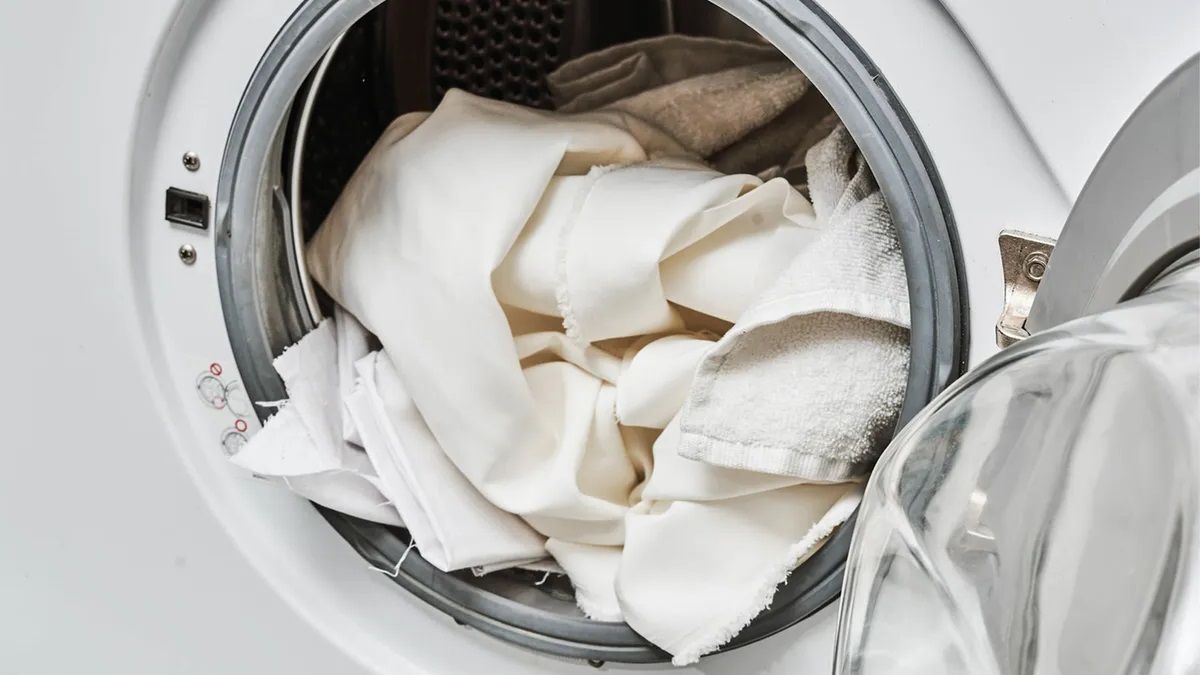


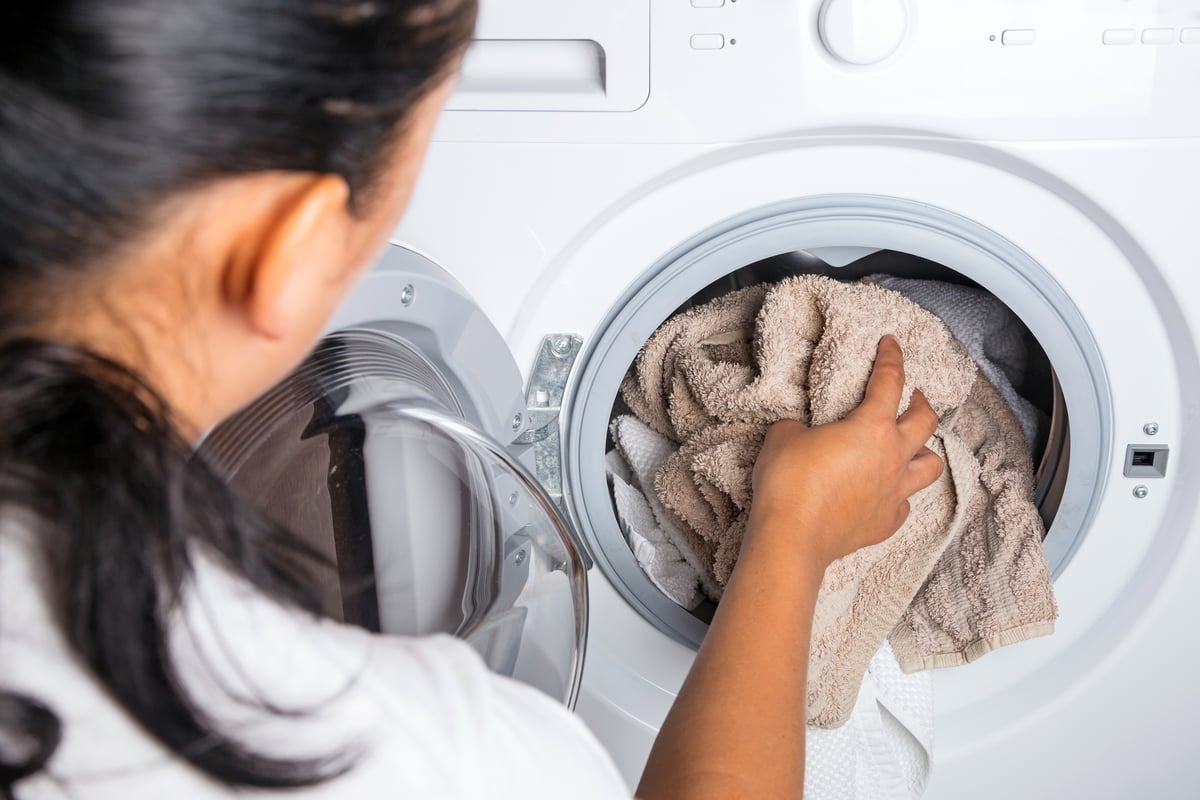
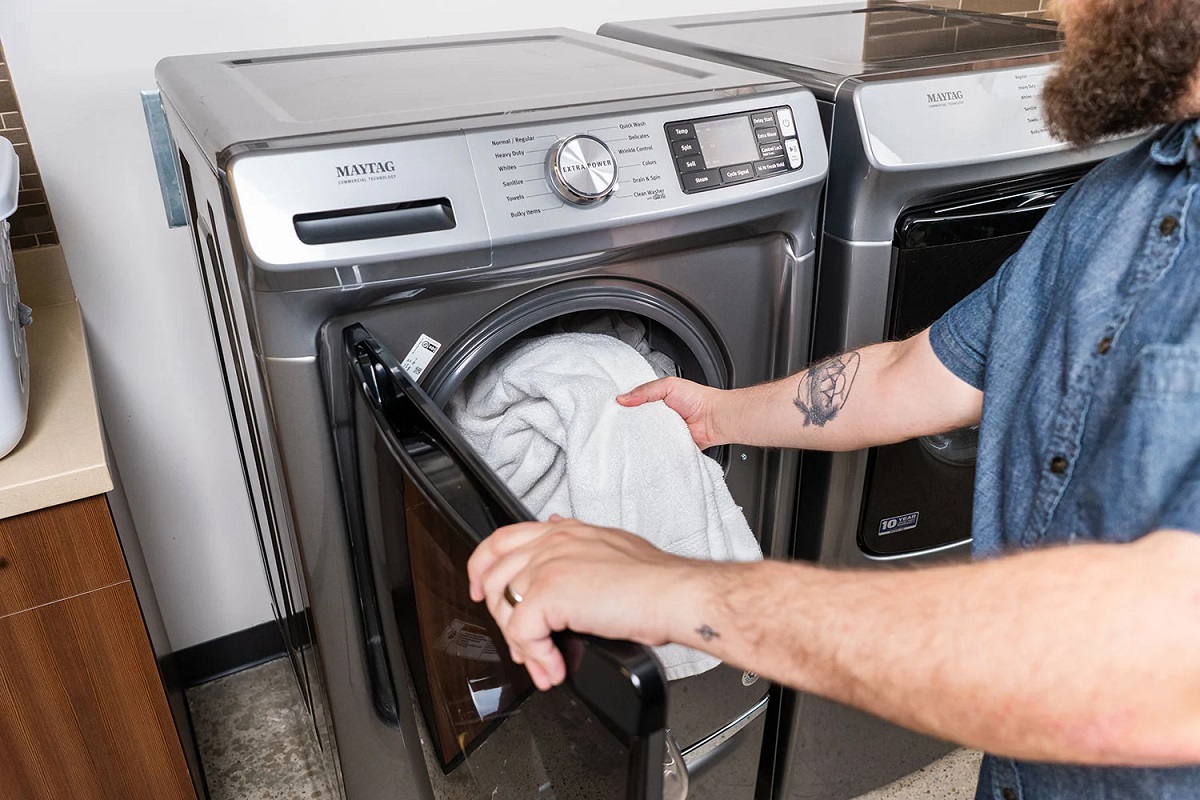
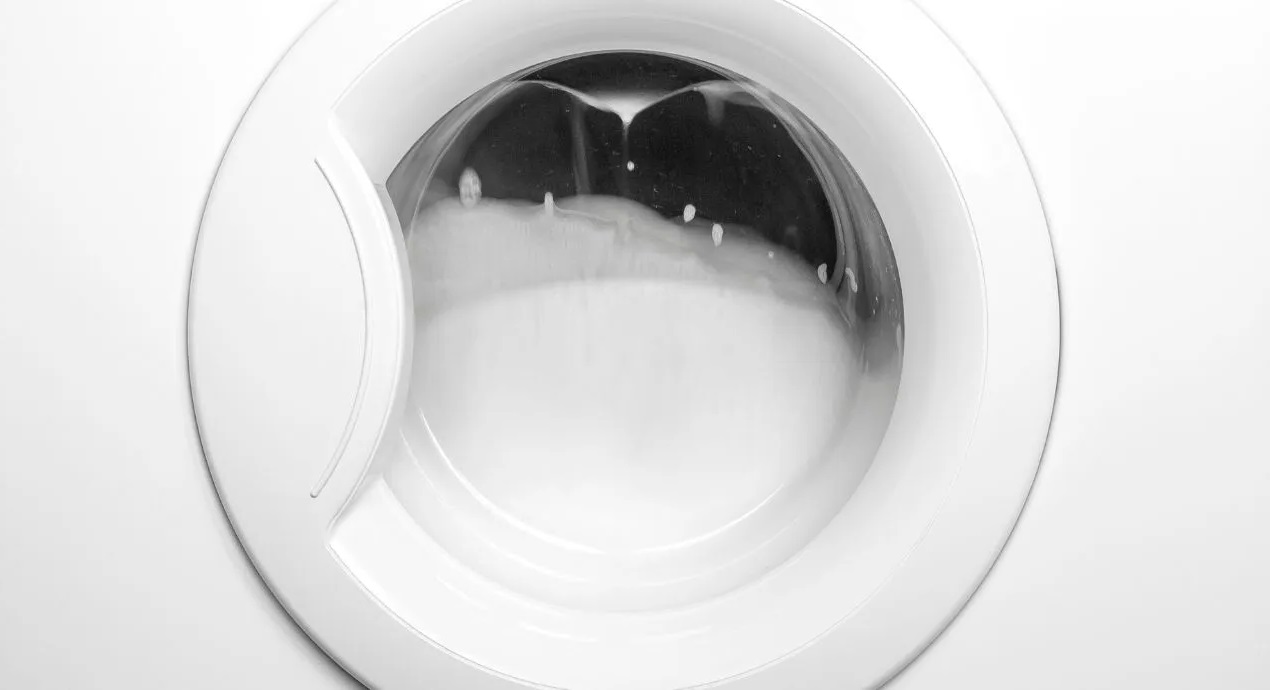
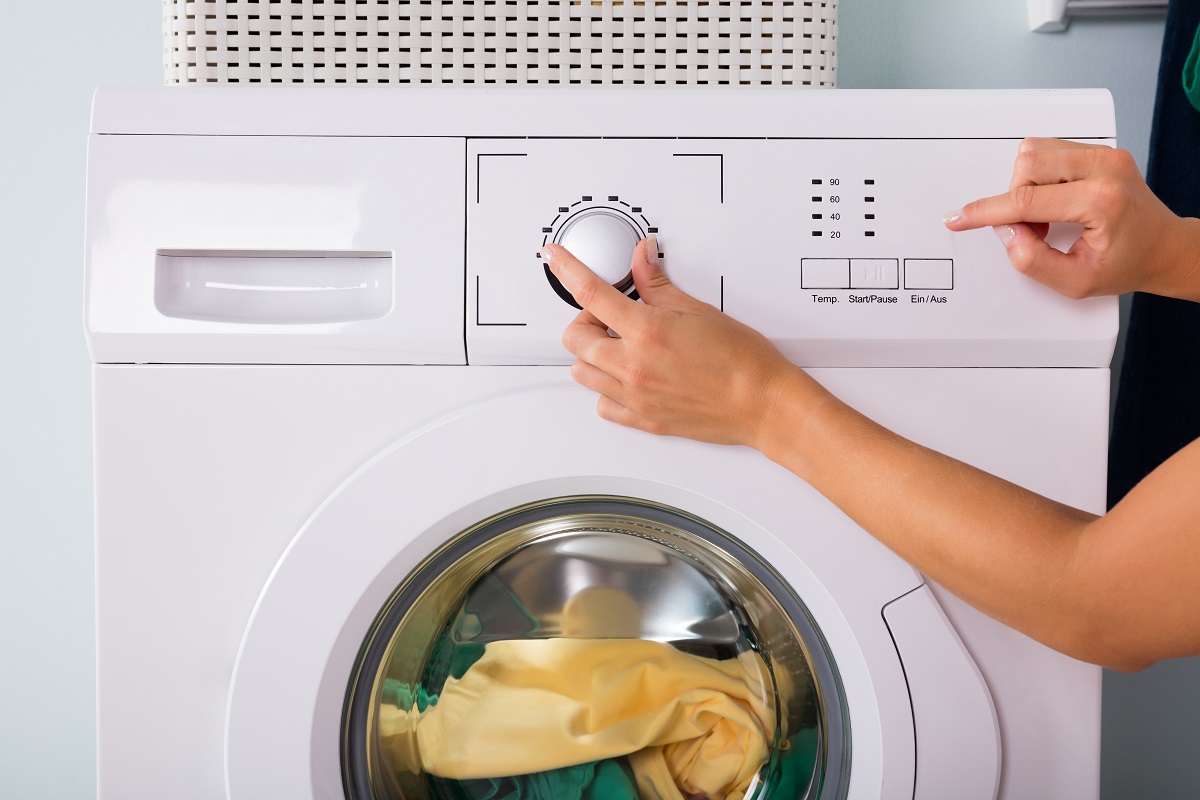
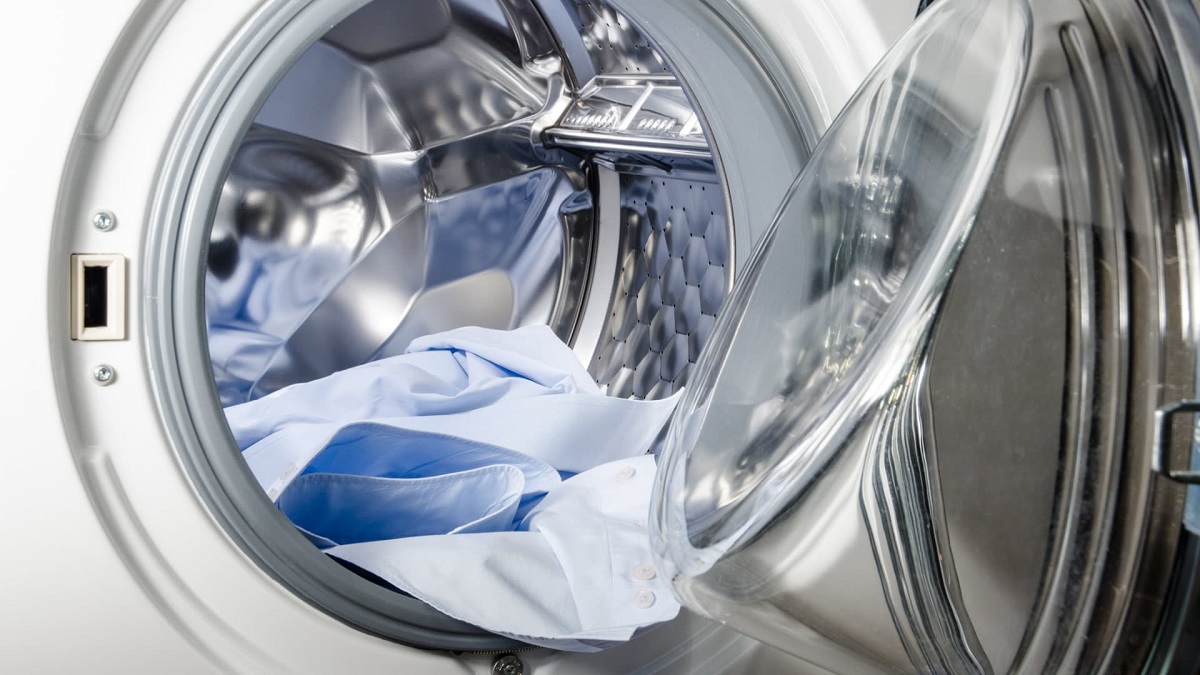
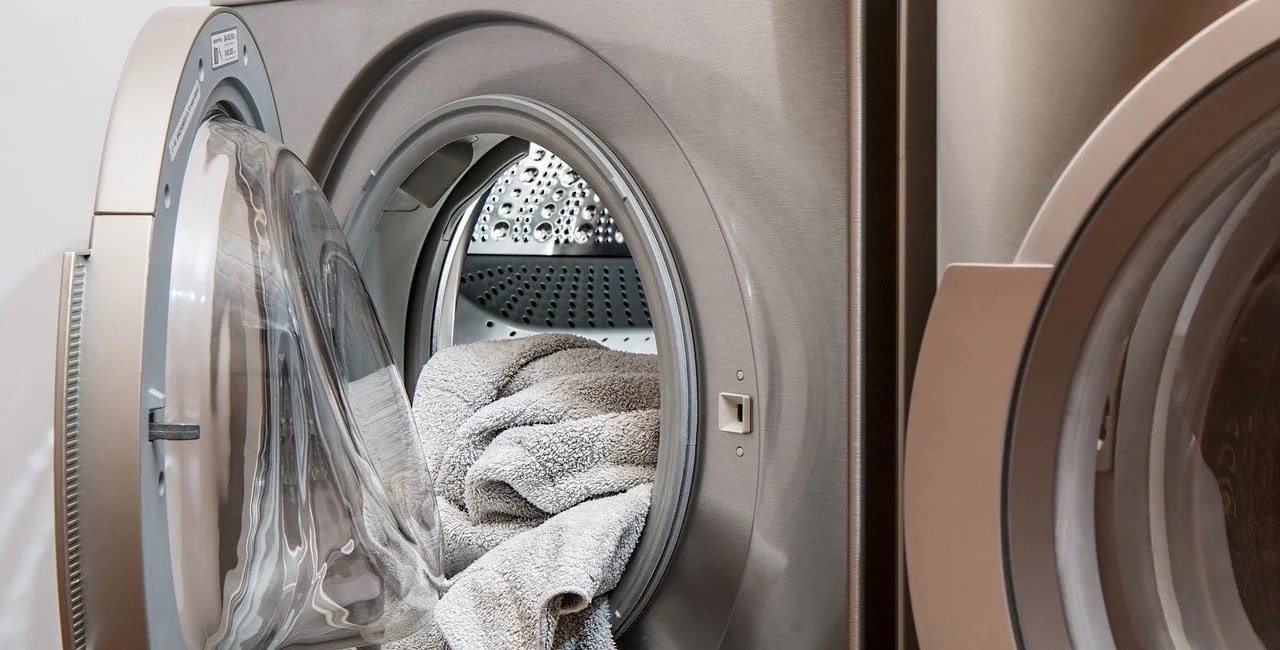
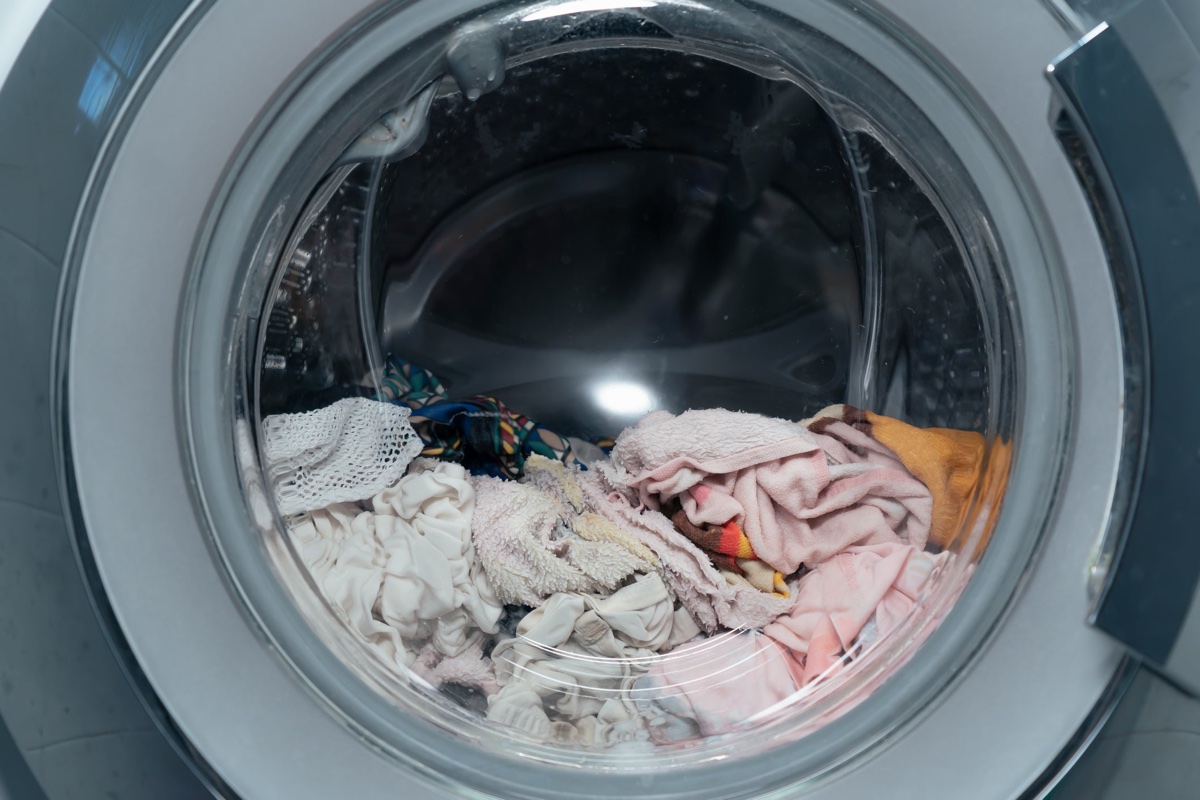
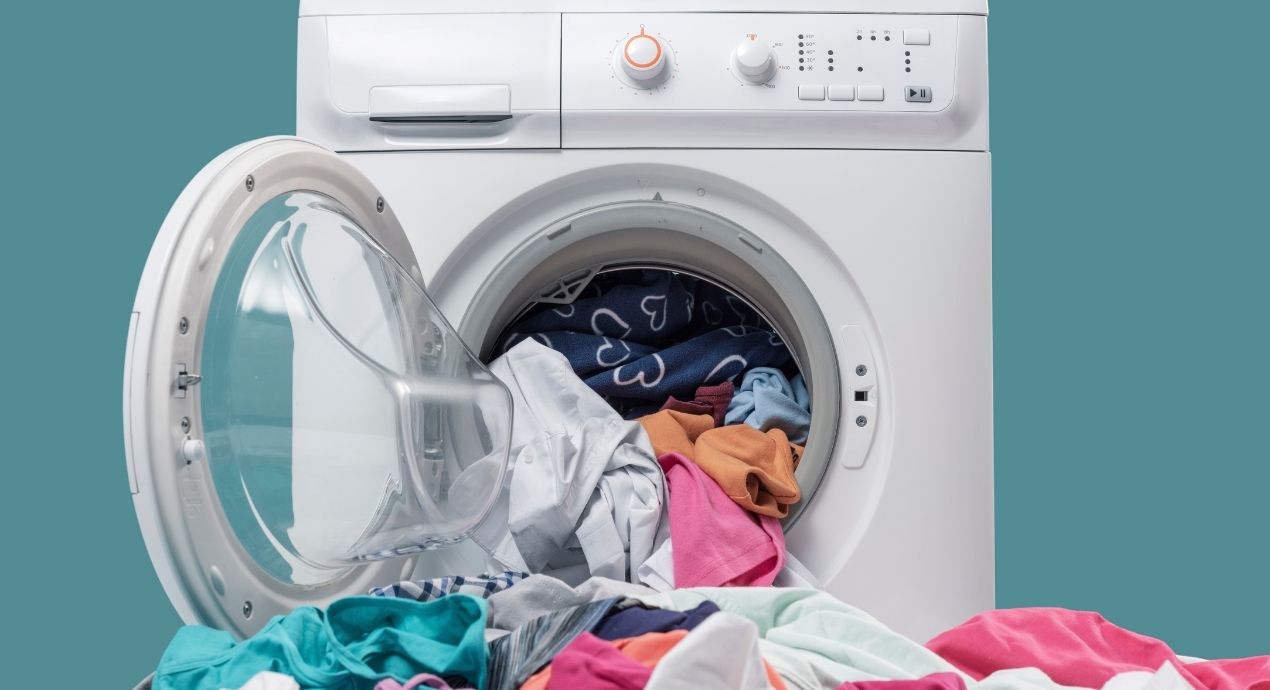
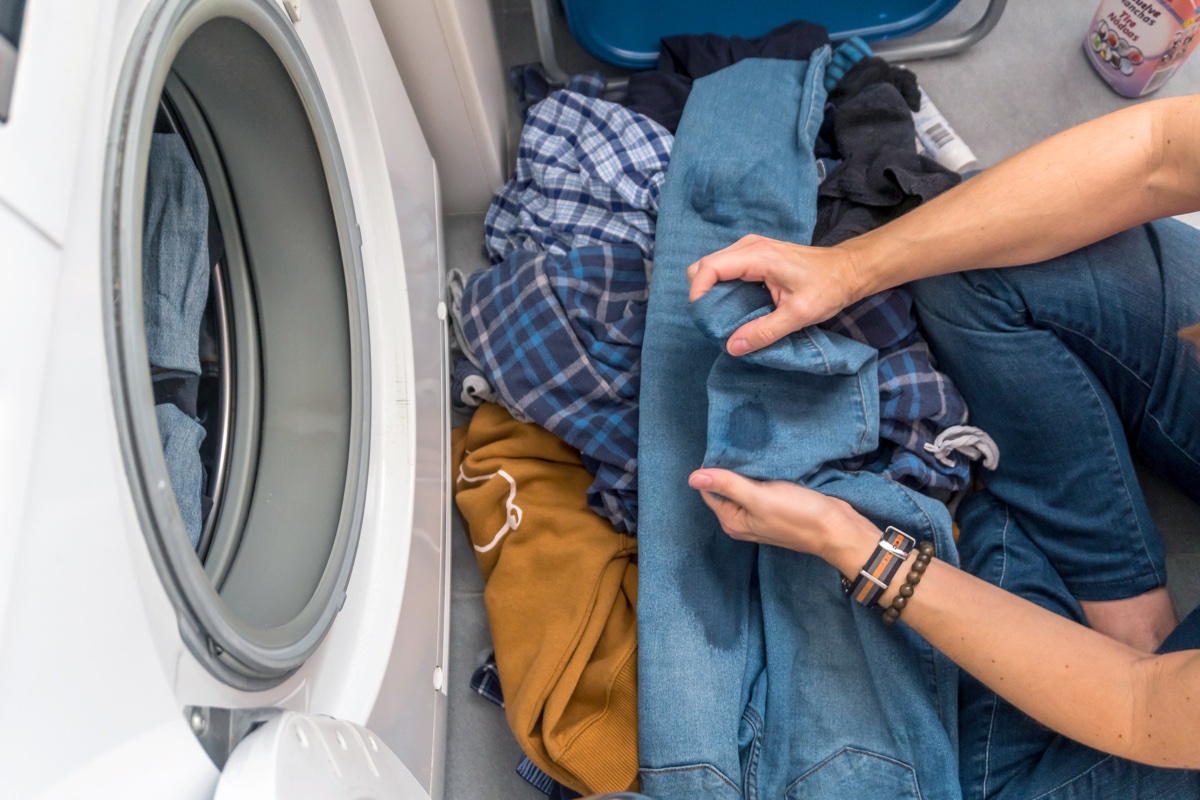
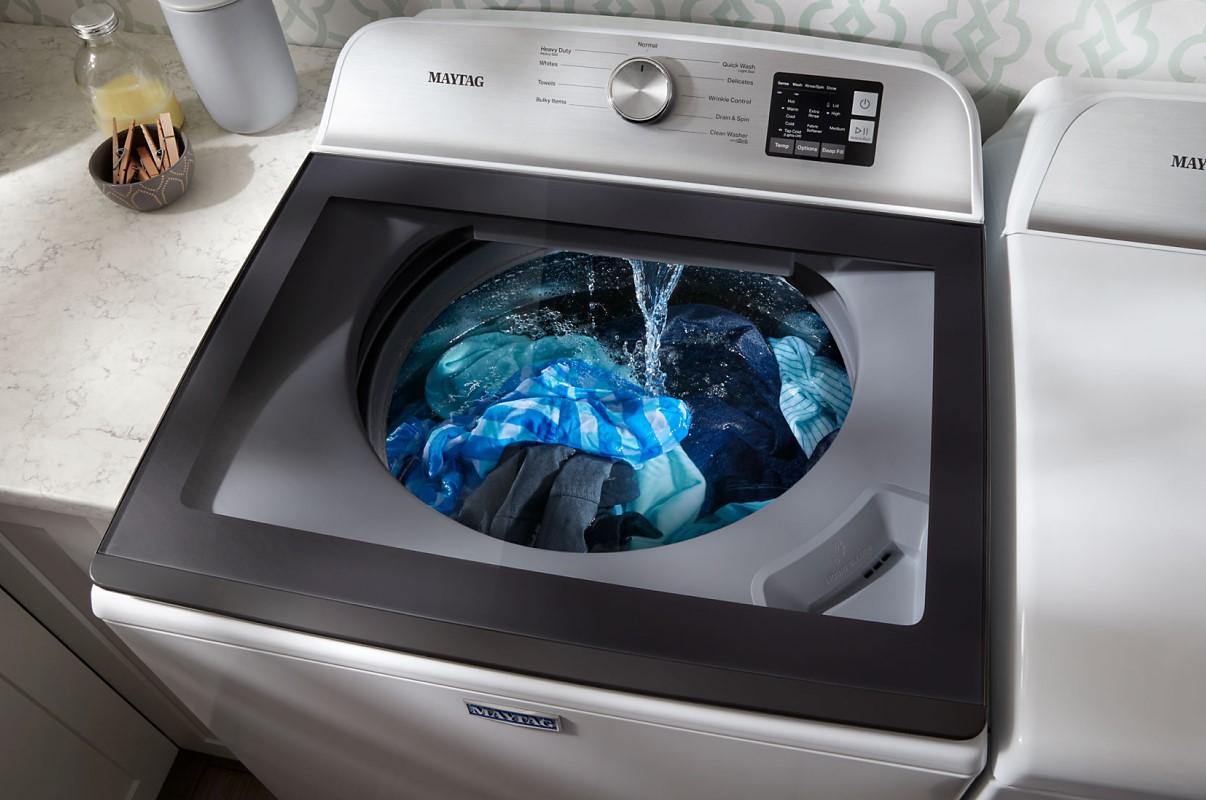


0 thoughts on “Why Is My Washing Machine Not Cleaning My Clothes”